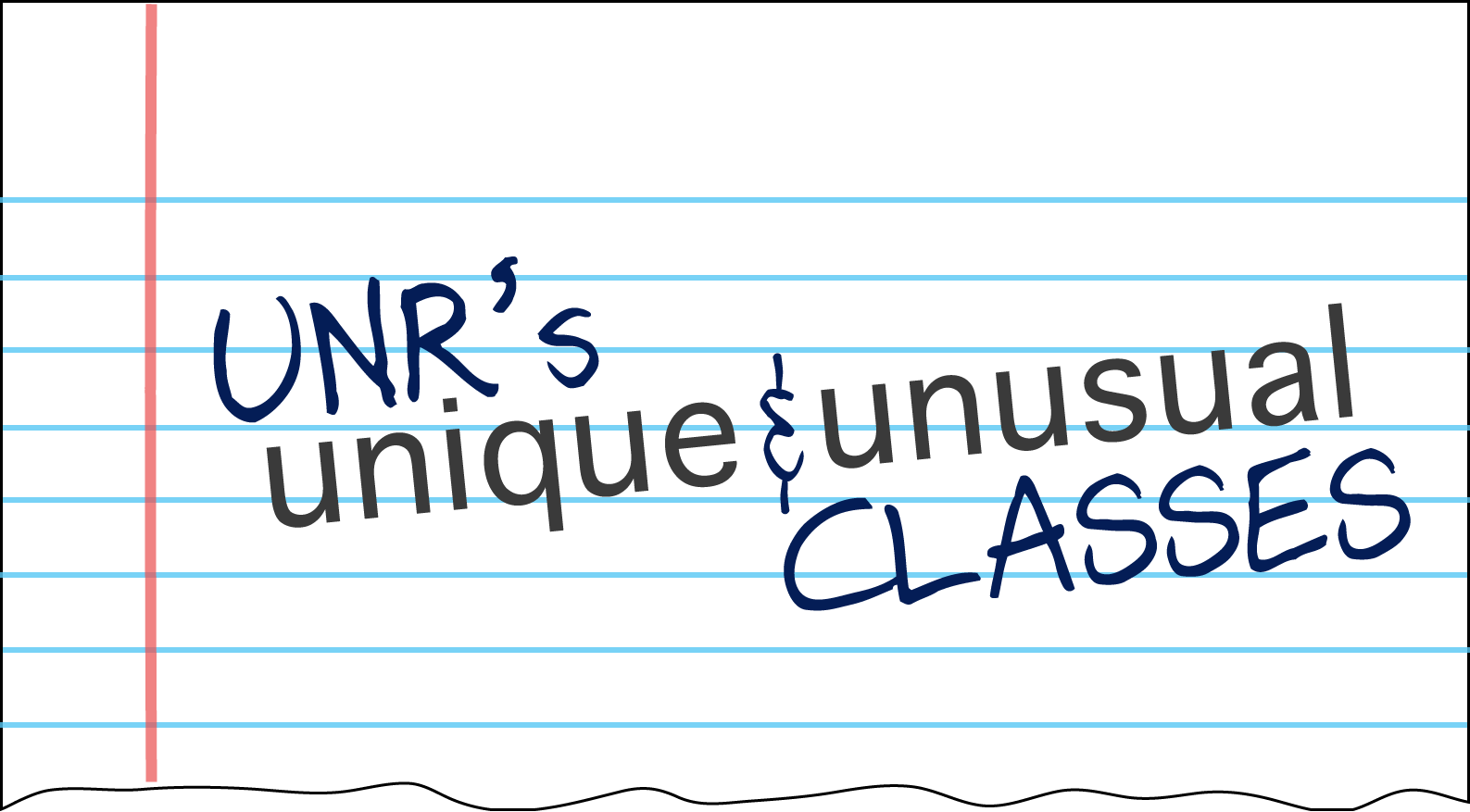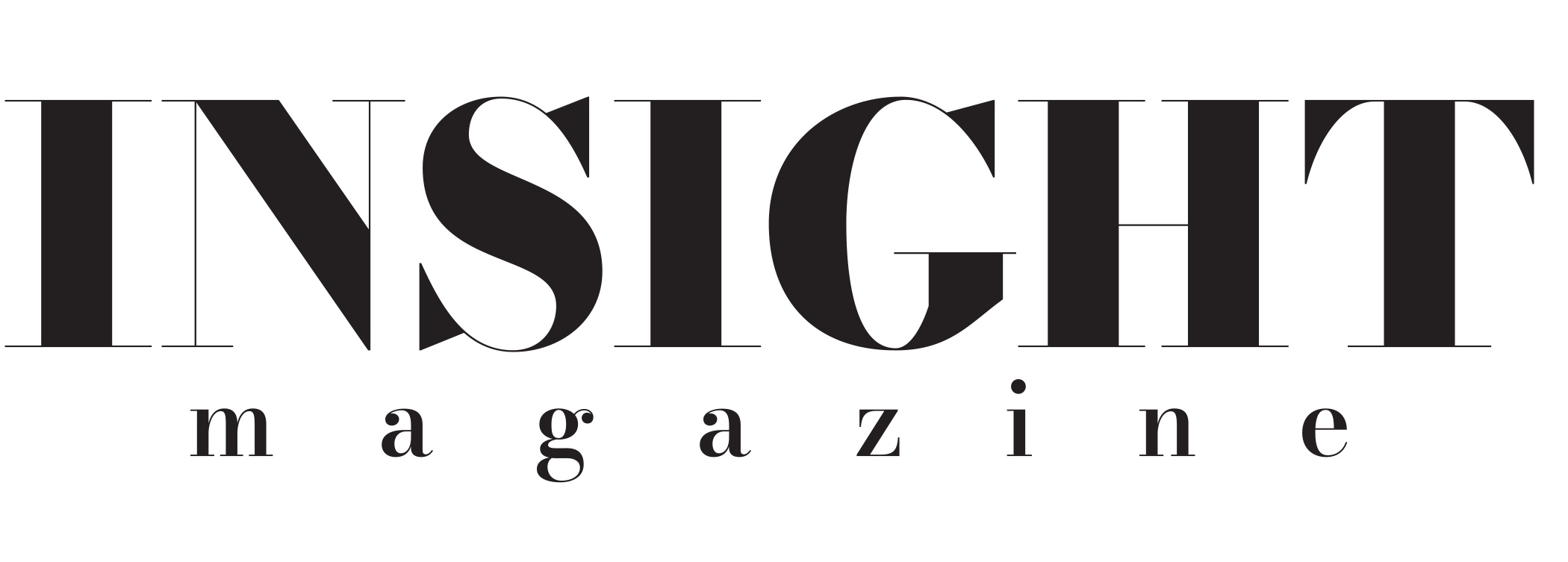
Students at the University of Nevada, Reno focus on looking for classes to fulfill their core requirements when enrolling each semester. However, if students looked deeper into the class catalog, they would discover that UNR offers some unusual and unique classes.
Anthropology 420/620
The study of magic, witchcraft, and religion is one of the options that seems to go unnoticed when students sign up for classes. According to its syllabus, the course “is an overview of anthropological interpretations of and approaches to religion, magic, and witchcraft.” However, this does not include casting spells or creating potions.
The anthropology of religion is characterized primarily by looking at religion in practice. Students will study forms and meanings of religious practice using examples from many different cultural contexts. This includes (but is not limited to) a look at worldview, myth, ritual, spirit possession, religious practitioners and authority, gender, magic, witchcraft, and sorcery. Toward the end of the semester, students focus specifically on religion in the modern, global world.
Erin Stiles, professor for ANTH 420/620, has been teaching the course every spring semester since 2008. Originally from Utah, Stiles developed a passion for religion through her personal experiences.
“Growing up as a non-Mormon in a heavily LDS part of Utah, I was always interested in religion, and the intersections of religion and culture,” Stiles said, “So, I decided to focus on religion in anthropology.”
Although the name of the class sums up its focus, Stiles explains how the teachings have a deeper meaning to them.
“In ANTH 420, we use a variety of ethnographic case studies to explore the lived experience of religion among people around the world,” Stiles said, “I think my favorite part of ANTH 420 is teaching these case studies, and encouraging students to try to see the world from another’s point of view.”
Students may question how taking a class that revolves around magic, witchcraft, and religion will benefit them in the future. Stiles states that the course will expand students’ understandings of the diversity in the world.
“By exploring human cultural diversity through religion, I think students will be better able to understand and thrive in our increasingly diverse cultural environment,” Stiles says.
Students should take ANTH 420 if they are interested in studying religion as something that people do and experience.
CHS 605
Spirituality and Health: A student who is passionate about health and religion would enjoy this capstone course. Offered every fall, CHS 605 focuses on how spirituality (creating meaning of one’s life) can prevent or heal disease. Professor Mel Minarik states in the syllabus that the class “examines the issues, research, and personal experiences relating to health and spirituality from the preventive aspect of spiritual practices and to the healing aspects of spiritual practices.” Similarly to ANTH 420/620, students will look over a variety of religions and how their practices can lead to healing. Through this compelling course, students will benefit from learning how the connection between the mind and body can potentially heal one’s soul.
ECON 411
Economic and Social Aspects of Gambling: The City of Reno relies heavily on casinos to help boost its economy. In 1989, the University of Nevada, Reno established an institute for the Study of Gambling and Commercial Gaming. According to its website, the institute’s classes “aim to encourage and promote research and learning so that the multifaceted issues surrounding gambling and commercial gaming and the ways in which individuals and society-at-large are affected might be addressed.” In ECON 411, students will analyze topics related to gambling, such as game strategies, odds making, gambling behavior, economics of the gaming industry, and compulsive gambling.
